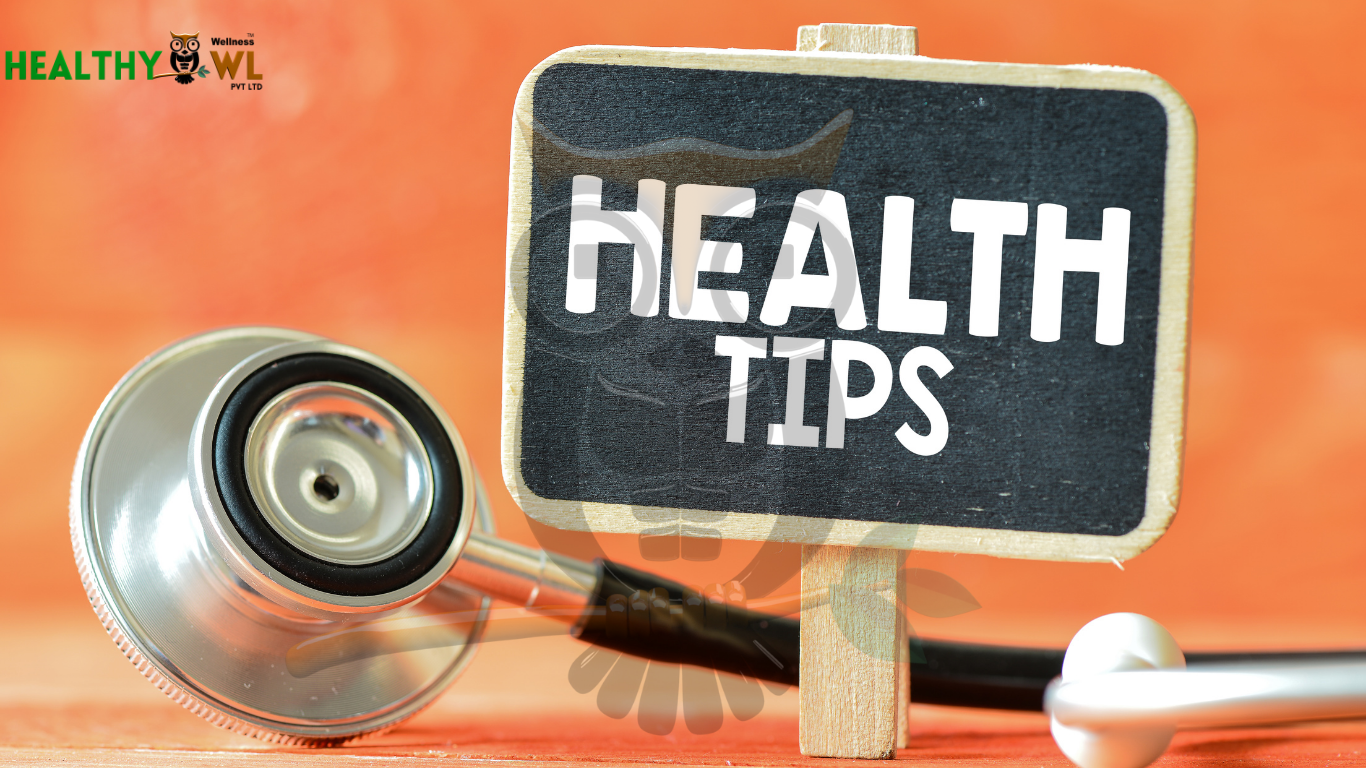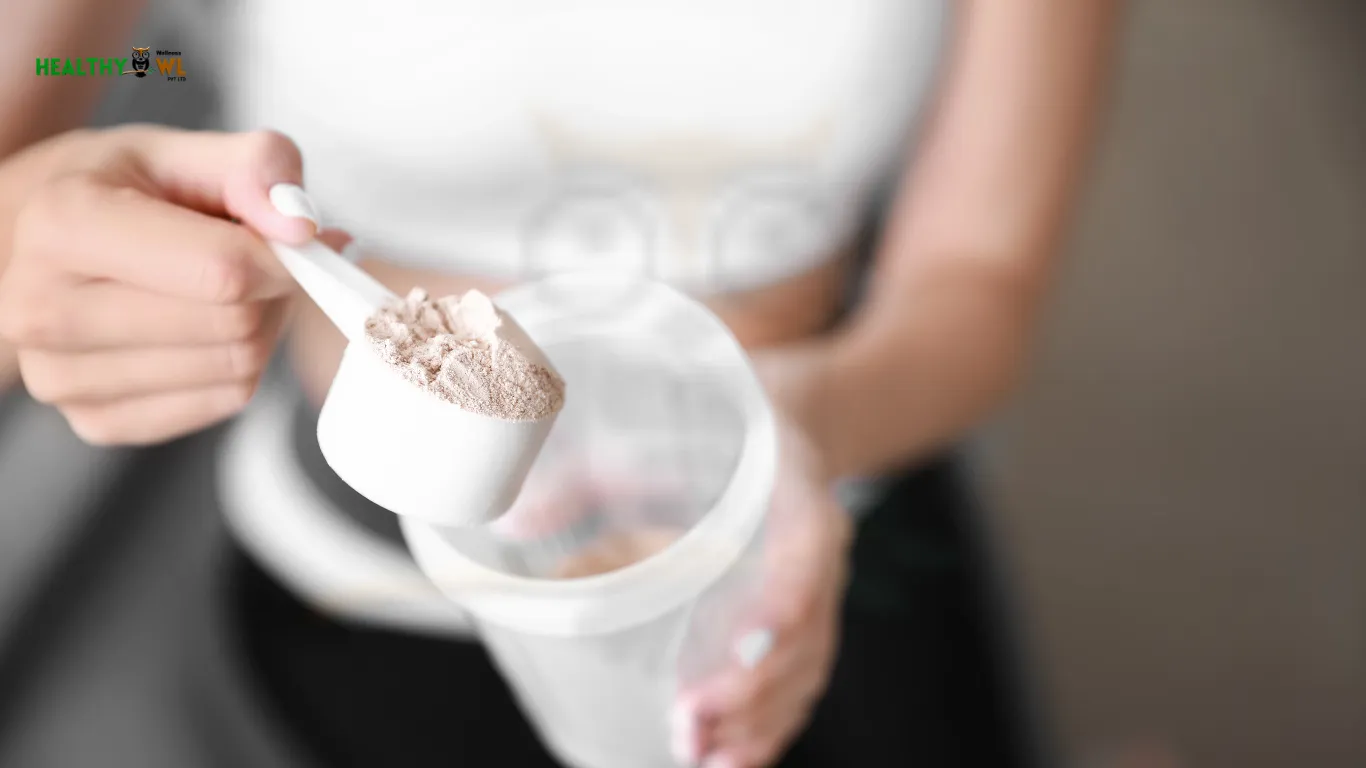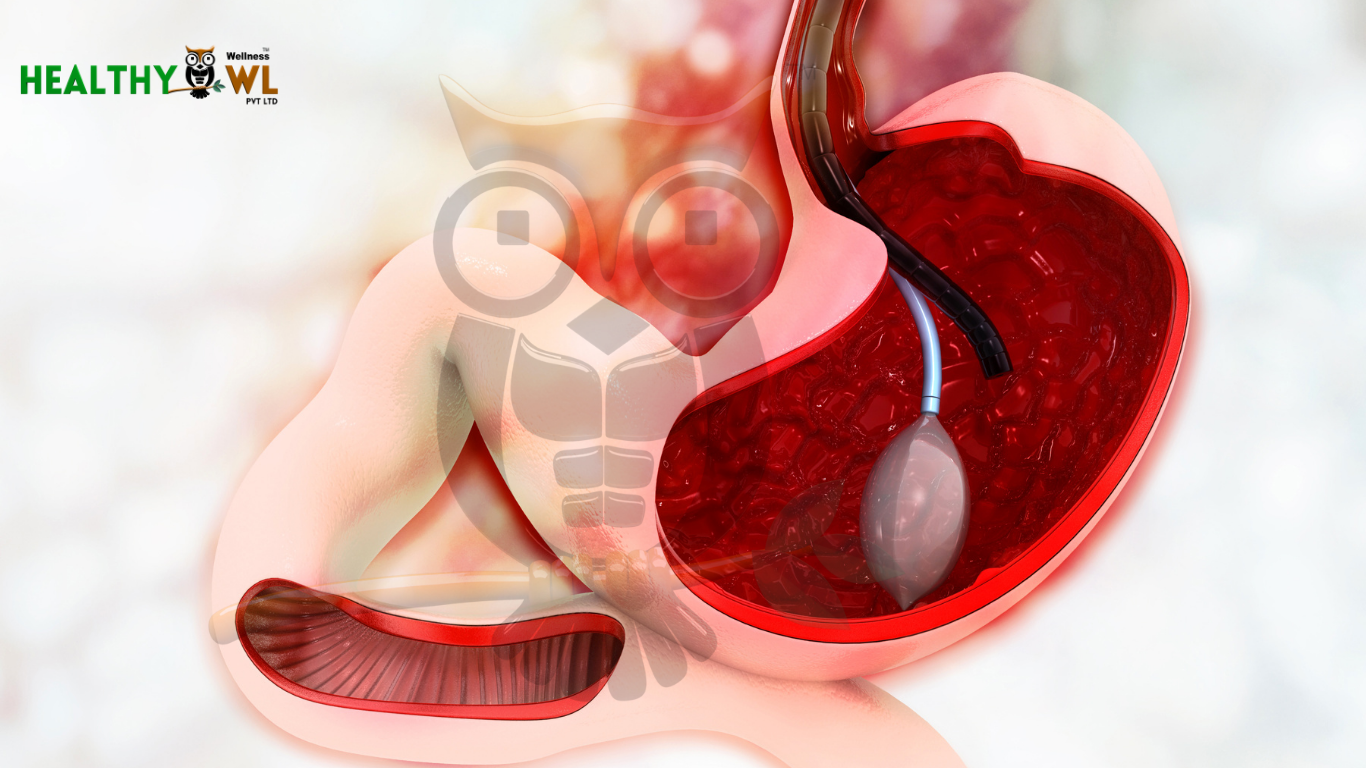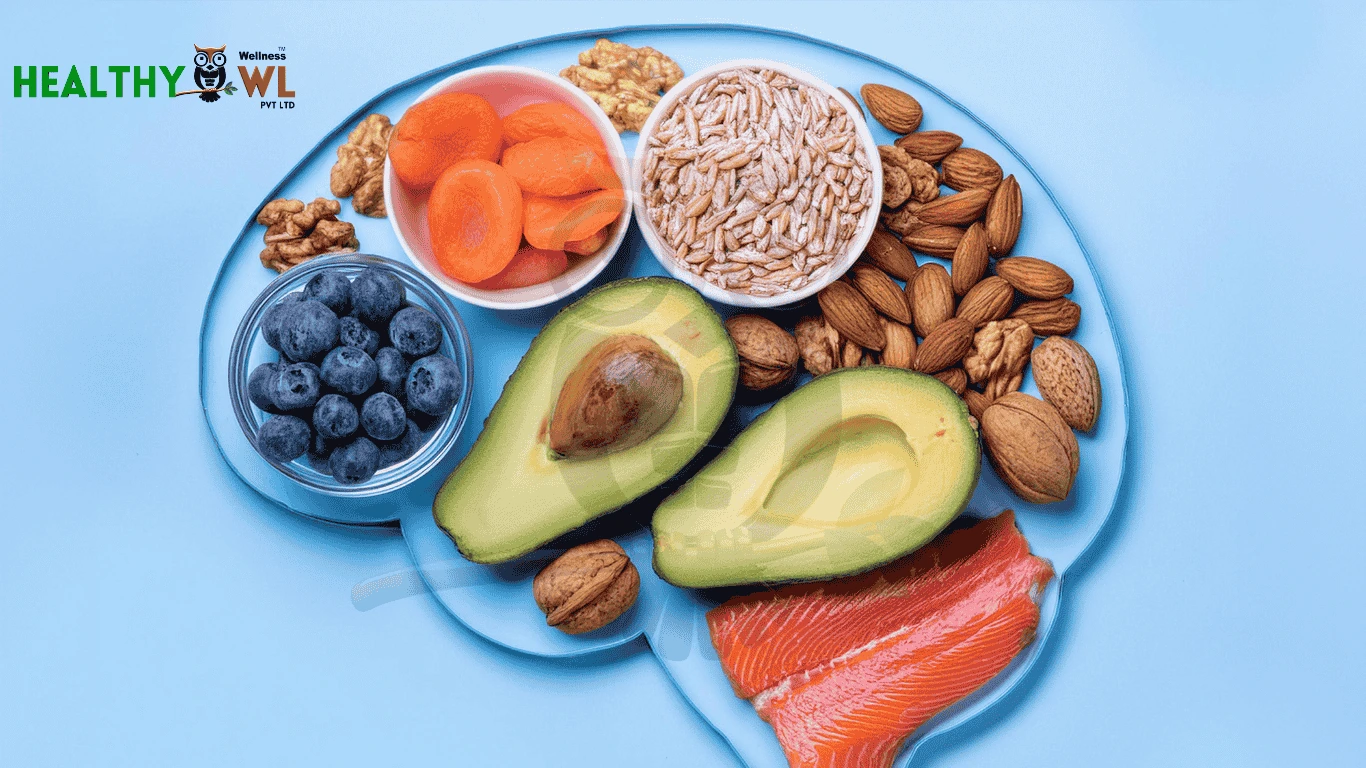Introduction
Inflammation is your body’s way of protecting itself against injury, toxins, and infections. In the short term, it helps you heal. But when inflammation lingers for weeks, months, or even years, it becomes chronic inflammation, which has been linked to arthritis, obesity, heart disease, type 2 diabetes, and even certain cancers.
The good news? You can manage and reduce inflammation naturally by choosing the right foods. In this guide, we’ll cover:
- The main causes of inflammation
- Healing foods and the compounds that make them powerful
- Foods to avoid that worsen inflammation
- Easy ways to build an anti-inflammatory diet
What Causes Inflammation?
Inflammation doesn’t just happen, it’s often the result of lifestyle and dietary choices. Here are the most common causes:
- Poor Diet – Processed foods, refined carbs, sugary drinks, and unhealthy fats trigger inflammatory pathways.
- Sedentary Lifestyle – Lack of exercise slows metabolism and contributes to fat storage, leading to higher inflammatory markers.
- Obesity – Belly fat in particular produces inflammatory chemicals that put stress on organs.
- Chronic Stress – Long-term stress increases cortisol, which disrupts immune balance and worsens inflammation.
- Sleep Deprivation – Poor or insufficient sleep raises pro-inflammatory cytokines.
- Environmental Toxins – Pollution, chemicals, and smoking damage cells and fuel inflammation.
- Underlying Health Conditions – Autoimmune disorders, infections, or untreated injuries can cause long-term inflammation.
By addressing these root causes alongside dietary changes, you can dramatically improve overall health.
Spotlight On Healing Foods
Certain foods contain natural compounds like curcumin, flavonoids, polyphenols, and omega-3s that actively fight inflammation. Let’s look at the most effective ones:
1. Turmeric (Curcumin)
- Key compound: Curcumin
- Benefits: Blocks inflammatory pathways, reduces bloating, stiffness, and joint pain, and acts as a strong antioxidant.
- How to use: Add turmeric to warm milk, soups, or curries. Pair with black pepper for better absorption.
2. Ginger
- Key compound: Gingerol
- Benefits: Lowers oxidative stress, reduces muscle pain and joint stiffness, improves digestion, and eases bloating.
- How to use: Brew ginger tea, grate into stir-fries, or add to smoothies.
3. Leafy Greens (Spinach, Kale, Moringa)
- Key compounds: Polyphenols, Vitamin K, Magnesium
- Benefits: Neutralize free radicals, lower inflammation, improve gut health, and support bones and joints.
- How to use: Add to salads, smoothies, or lightly sauté with olive oil and garlic.
Fermented foods and greens both nourish the gut. Dive deeper in our blog: Fermented Indian Foods Revival: Ancient Gut Healers Making a Comeback
4. Berries (Blueberries, Strawberries, Amla)
- Key compounds: Flavonoids and Anthocyanins
- Benefits: Reduce oxidative stress, protect the heart, ease joint pain, and improve digestion.
- How to use: Snack on them fresh, add to yogurt or oats, or blend into smoothies.
Berries support gut health and reduce bloating. If bloating is your main concern, you’ll love our guide: Gut Reset in 5 Days: What to Eat to Reduce Bloating and Improve Digestion
5. Nuts (Almonds, Walnuts, Pistachios)
- Key compounds: Vitamin E and Healthy Fats
- Benefits: Reduce inflammation markers, protect joints, and stabilize blood sugar.
- How to use: Eat a handful daily or sprinkle on salads and smoothie bowls.
6. Omega-3 Rich Seeds (Flaxseeds, Chia Seeds, Hemp Seeds)
- Key compound: Alpha-linolenic acid (ALA), a plant-based omega-3
- Benefits: Regulate the body’s inflammatory response, ease joint stiffness, and lower the risk of heart disease and arthritis.
- How to use: Add seeds to oatmeal, yogurt, smoothies, or salads.
Foods To Avoid That Trigger Inflammation
Just as some foods heal, others fuel inflammation. If you want to see real results, cut back on these:
1. Processed Foods
- Chips, instant noodles, packaged snacks, and frozen fast foods contain additives and unhealthy oils that spike inflammation.
2. Refined Carbohydrates
- White bread, pastries, and sugary cereals break down into sugar quickly, causing insulin spikes and higher inflammation markers.
3. Sugary Drinks & Excess Sugar
- Sodas, energy drinks, and sweetened juices overload the body with fructose, leading to insulin resistance and chronic inflammation.
4. Red and Processed Meats
- Sausages, bacon, ham, and high-fat cuts of meat contain saturated fats and advanced glycation end products (AGEs), which trigger inflammation.
5. Trans Fats
- Found in fried fast food, margarine, and packaged baked goods. Trans fats not only fuel inflammation but also damage heart health.
6. Excess Alcohol
- Too much alcohol disrupts gut microbiota, harms the liver, and raises inflammatory markers.
7. Artificial Additives
- Preservatives, MSG, and some artificial sweeteners may irritate the gut and worsen inflammation in sensitive individuals.
Quick tip: If you want to fight inflammation naturally, follow the golden rule:
“Eat more foods from the earth (whole, unprocessed), and fewer foods from the factory (processed, packaged).”
Tips For Building An Anti-Inflammatory Diet
- Fill half your plate with colorful fruits and vegetables
- Choose whole grains over refined carbs
- Snack on nuts, seeds, and fresh fruit instead of packaged foods
- Stay hydrated with water, green tea, or herbal teas
- Cook with anti-inflammatory spices like turmeric, ginger, and garlic
Want healthy, easy-to-make recipes?
Follow our Recipes Section for delicious anti-inflammatory meal ideas you can try at home
Who Needs Anti-Inflammatory Foods?
While everyone can benefit from eating more anti-inflammatory foods, they are especially helpful for people managing certain health conditions:
- PCOS (Polycystic Ovary Syndrome): Anti-inflammatory diets, especially Mediterranean-style, can improve insulin sensitivity, balance hormones, and ease symptoms like irregular cycles and acne (MDPI Review).
- Type 2 Diabetes: Anti-inflammatory eating helps improve blood sugar control and insulin response, making it a supportive diet pattern for diabetes management (Harvard Nutrition Source).
- Arthritis (Osteoarthritis & Rheumatoid Arthritis): Diets rich in omega-3s, whole grains, fruits, and vegetables have been shown to reduce joint pain and stiffness, while protecting long-term joint health (Nutrition Journal – ADIRA Trial).
Bottom line: If you struggle with hormonal imbalance, blood sugar issues, or chronic joint pain, adding more anti-inflammatory foods to your daily meals can make a big difference.
Conclusion
Fighting inflammation naturally doesn’t have to be complicated—it starts with mindful eating. By including turmeric, ginger, leafy greens, berries, nuts, and omega-3 rich seeds, you give your body the compounds it needs like curcumin, flavonoids, polyphenols, and omega-3s to reduce bloating, ease joint pain, and lower the risk of chronic illness.
At the same time, avoiding inflammatory triggers like processed foods, refined carbs, sugary drinks, and trans fats will help you feel lighter, more energetic, and healthier.
Small, consistent changes like adding ginger to your tea, snacking on berries instead of chips, or sprinkling flaxseeds into your breakfast can make a big difference over time.
Reference:
- Harvard Health – Foods That Fight Inflammation
- NIH – Role of Diet in Inflammation
- Nutrition Journal – ADIRA Trial
- MDPI Review











